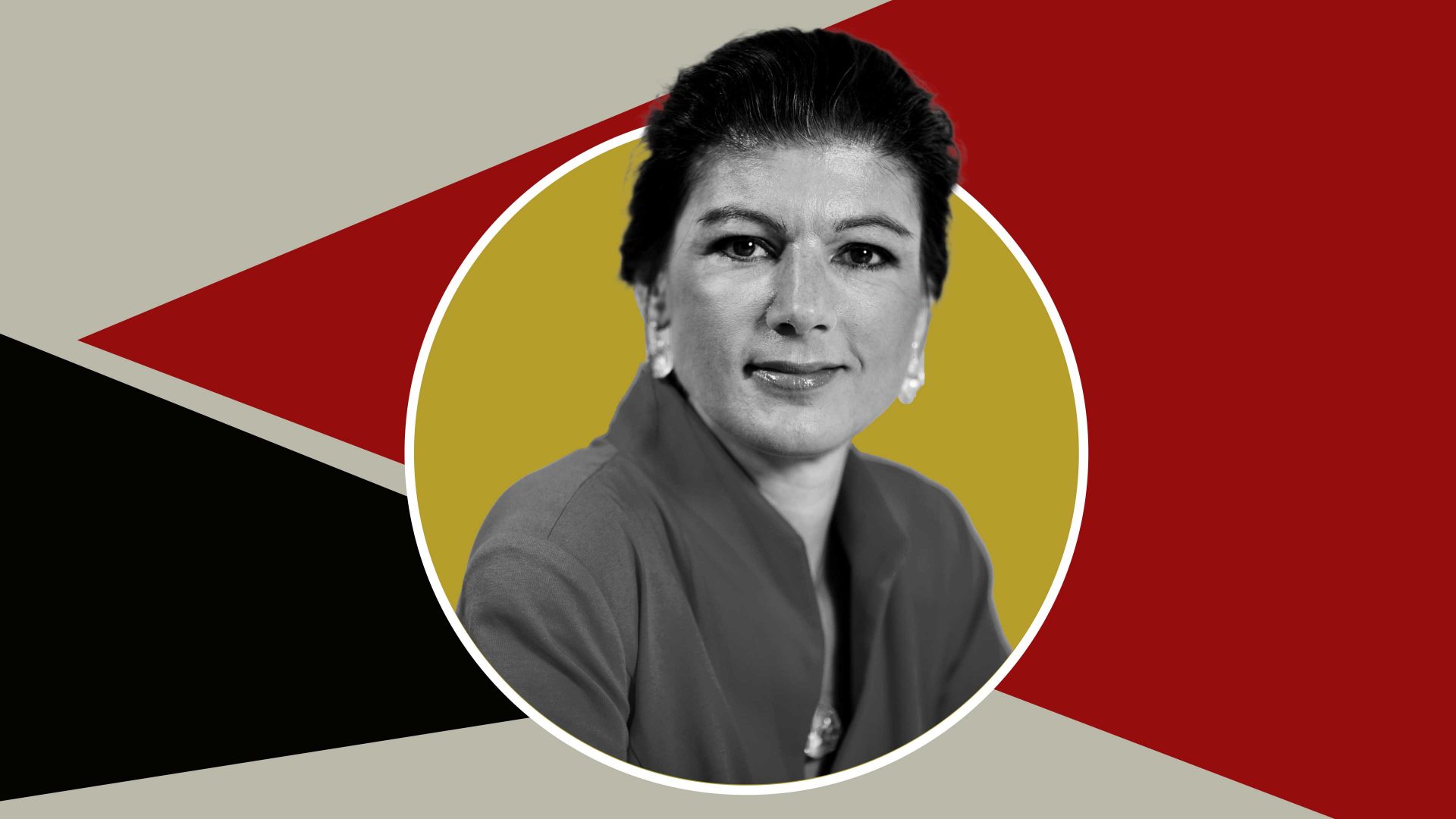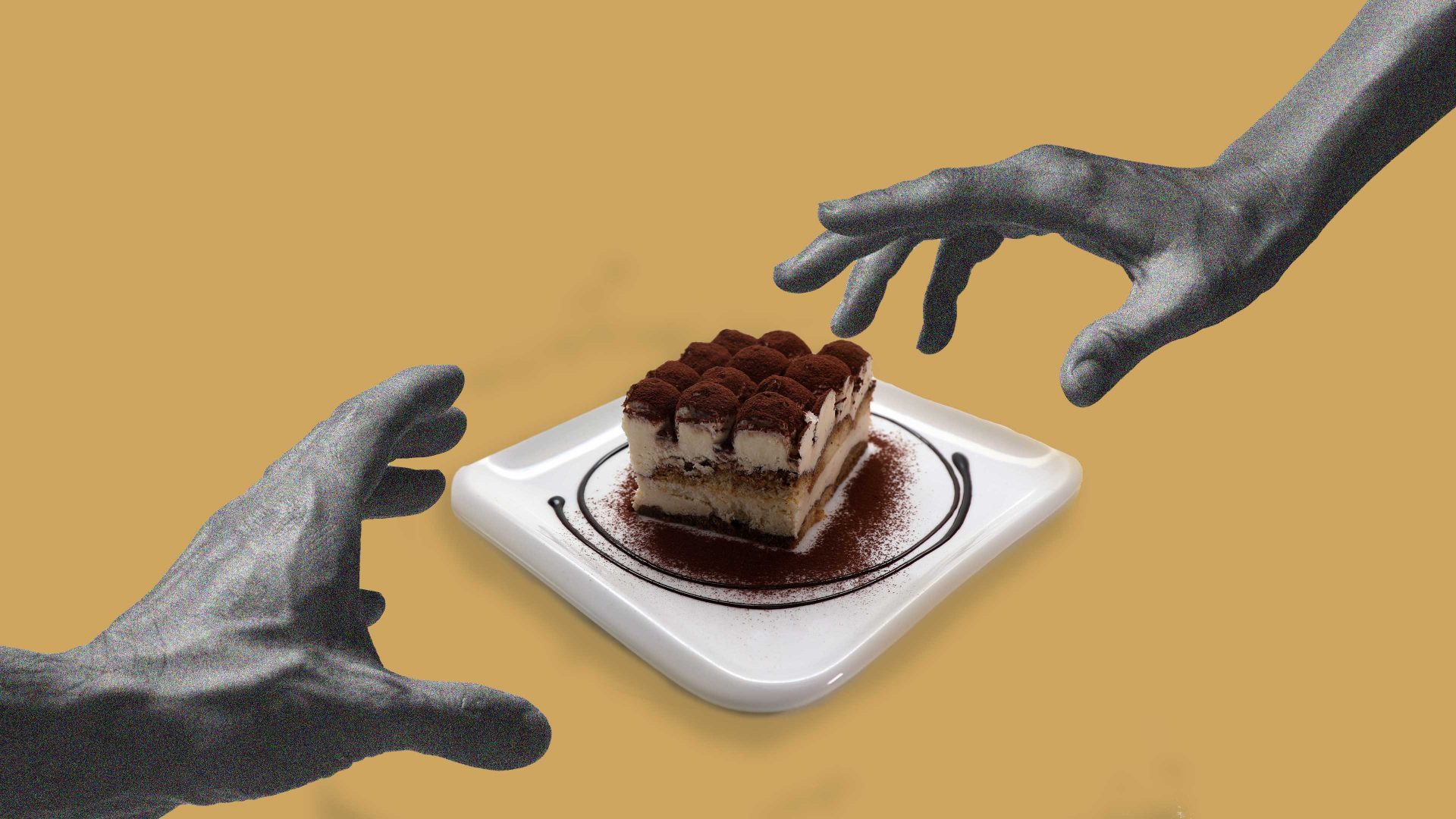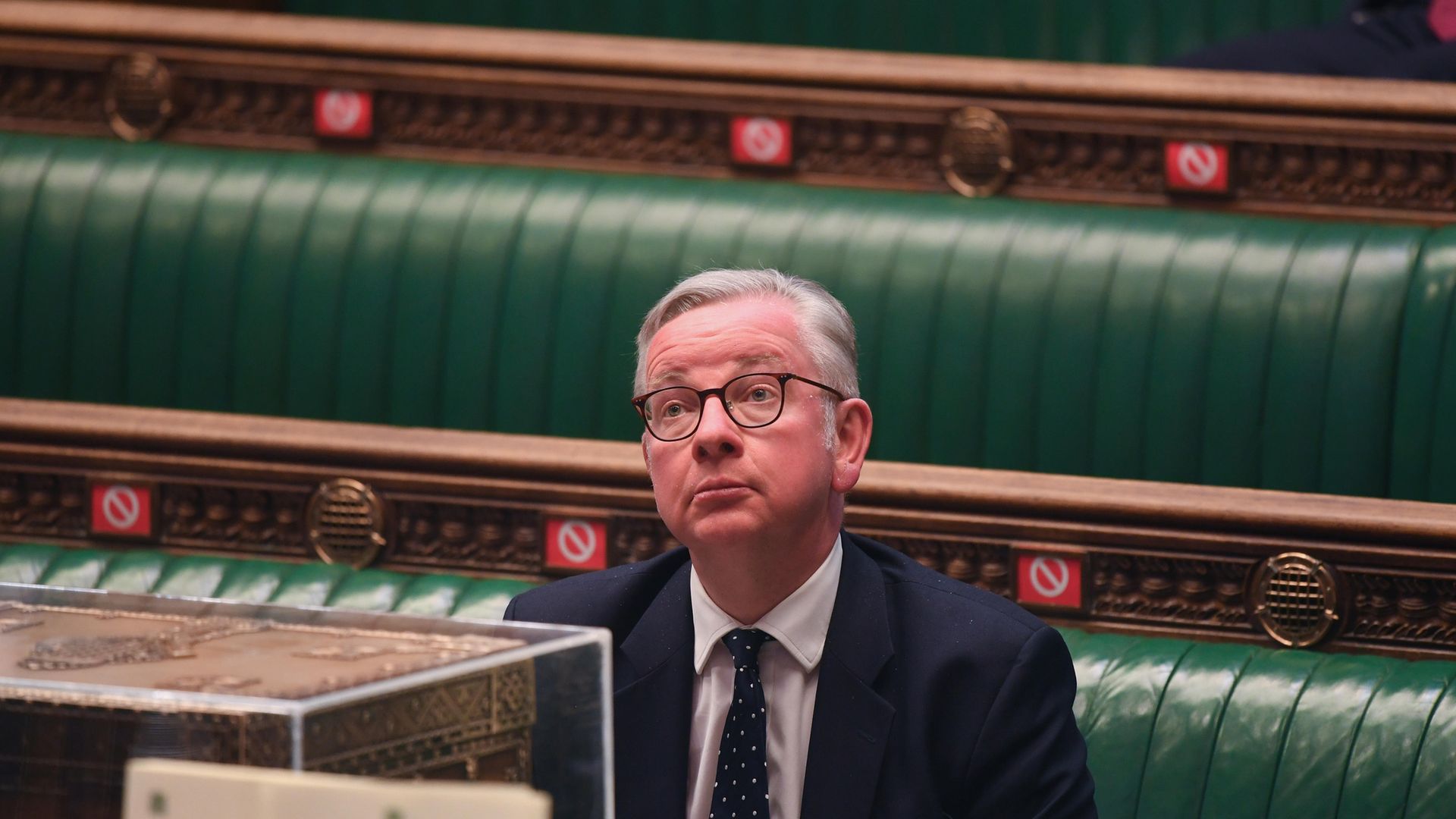I’ve recently come across the view that the worst mistake of womankind is a general lack of megalomania. So let’s take a look at Sahra Wagenknecht, the German exception to the rule. A child of the GDR, she can already claim among her achievements to be the gravedigger of The Left, the post-GDR party she used to co-chair.
The Left is on the brink of extinction and Wagenknecht (whose surname roughly translates as waggoner servant) is warming up to kick her former comrades over the cliff. She has just founded the Bündnis Sahra Wagenknecht (BSW), an alliance, you will have noticed, that modestly bears her own name. The 54-year-old set it up with nine other MPs who also left The Left (but whose names no one remembers). It’s not a party yet, but it is the expressed goal to collect enough donations to create one in January. And because of our system of proportional representation, the party will then have a good chance of entering the federal and state parliaments. Polls currently rank it at between 12% and 15%.
Instead of my biased “western media” view, I hereby present to you Wagenknecht in her own words from the last 30 years: Germany “should withdraw from Nato”, which is “superfluous – it does not secure peace on the basis of international law, but endangers it”. Socialism “is a prerequisite for democracy”, and “the GDR was the most peaceful and humane community the Germans have created for themselves in the whole of their history to date”. In any case, the GDR “was not more undemocratic” than West Germany. Because “there is as little real democracy in capitalism as there was in the GDR”.
In EU matters, according to Wagenknecht, “it is simply evident that the euro is not working”. Only days after Brexit she said that citizens should be consulted on issues such as leaving or remaining in the EU because: “One should not be so arrogant as to believe that people are not capable of forming an opinion.” You be the judge of that.
Wagenknecht is also unvaccinated against Covid, saying she didn’t trust the new vaccines. I have a hunch that if Russia’s Sputnik vaccine had been available in Germany, she might have had the jab, because she’s Putin-PR personified. In February 2022, Wagenknecht proclaimed in Germany’s prime-time Sunday talk show that “Russia has no interest in invading (Ukraine)”. She also complained about the “aggressiveness with which the Americans are conjuring up an invasion”. And then she became Putin’s best character witness (next to Gerhard Schröder): “We can be thankful that Putin is not as he is portrayed: a crazed nationalist who gets intoxicated pushing borders.” She said this five days before the crazed nationalist did try to push borders, yet again.
After such a monstrous blunder, anyone but a true megalomaniac would have shut up. At least for a little while. Not Wagenknecht. She immediately found the guilty party: Nato, the US and Ukraine. And you Britons, by the way, because “the willingness to compromise on both sides, ie Ukraine and also Russia, was relatively high and this was blocked by London and Washington”.
It’s hard to concede that Russian state media has actually published the truth, but in this case their analysis was spot on: Sahra Wagenknecht is founding “a pro-Putin-party”, they wrote, and “preparing for a national-bolshevik turn in Germany”.
As a result, soon there will be not just one German party – AfD – that shares the Kremlin’s views 100%, but two. And that’s not the only thing they share. Both parties accuse the government of catering to an urban elite, of eco-activism, and like the AfD, Wagenknecht (whose father is Persian) is an outspoken critic of immigration.
They will compete for the same, mostly male, electorate that identifies as disenfranchised – which means a more complicated party system, but also an end to AfD’s monopoly.
And Wagenknecht has one advantage: she may not be particularly liked by the wider German public, but the dark-haired Wagenknecht is significantly more popular than her blonde competitor, AfD co-chair Alice Weidel. And while both excel in populism, Wagenknecht, unlike the AfD, pushes for (even) more welfare state spending.
She comes across as a strict elementary school teacher, or – for the conservatives among you – a nanny giving you a good dressing-down. And because she’s not as aggressive as AfD radicals, the German media gladly gives her the attention she craves.
Some suspect that Wagenknecht actually spends more time on TV than in parliament. So far, it has worked well for her.




